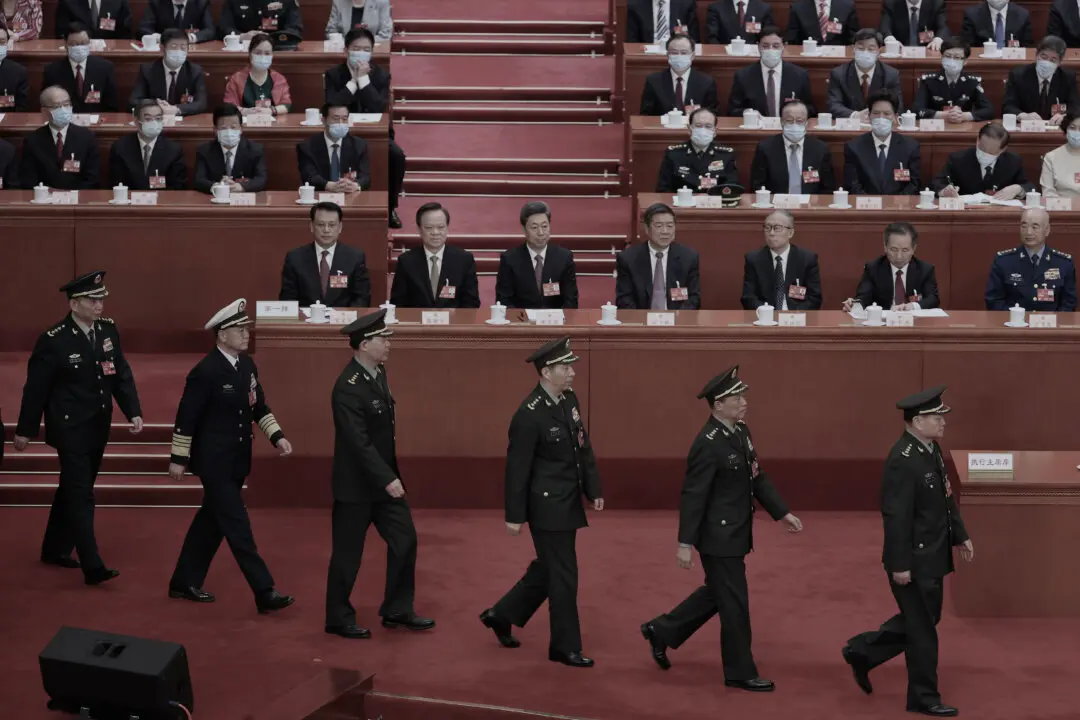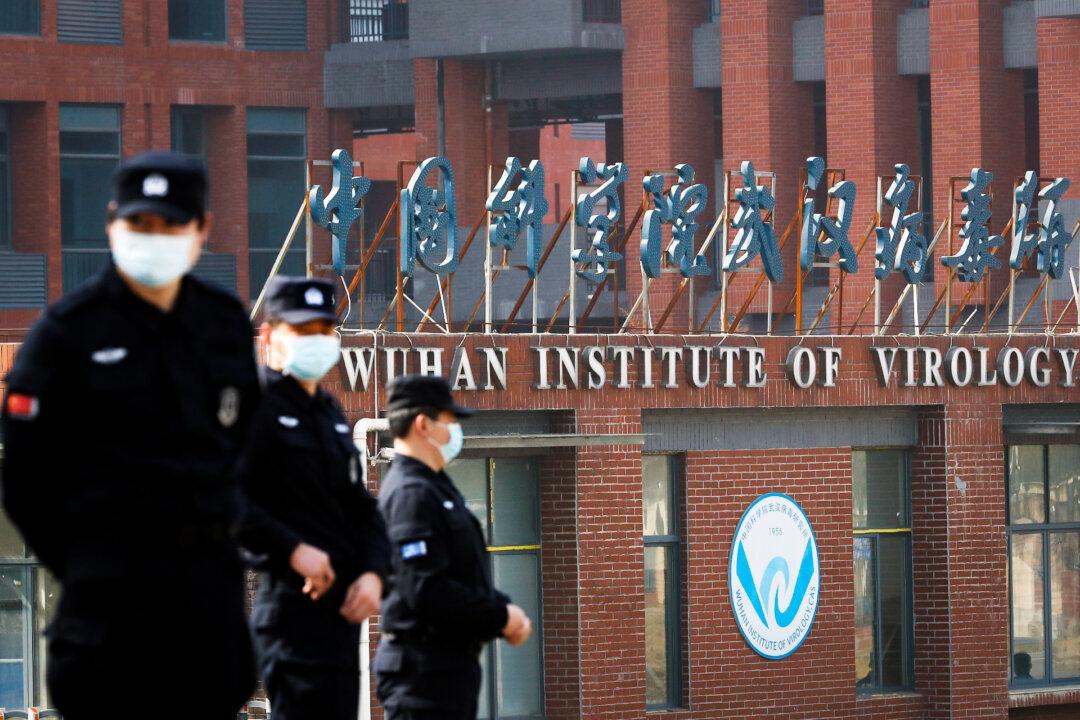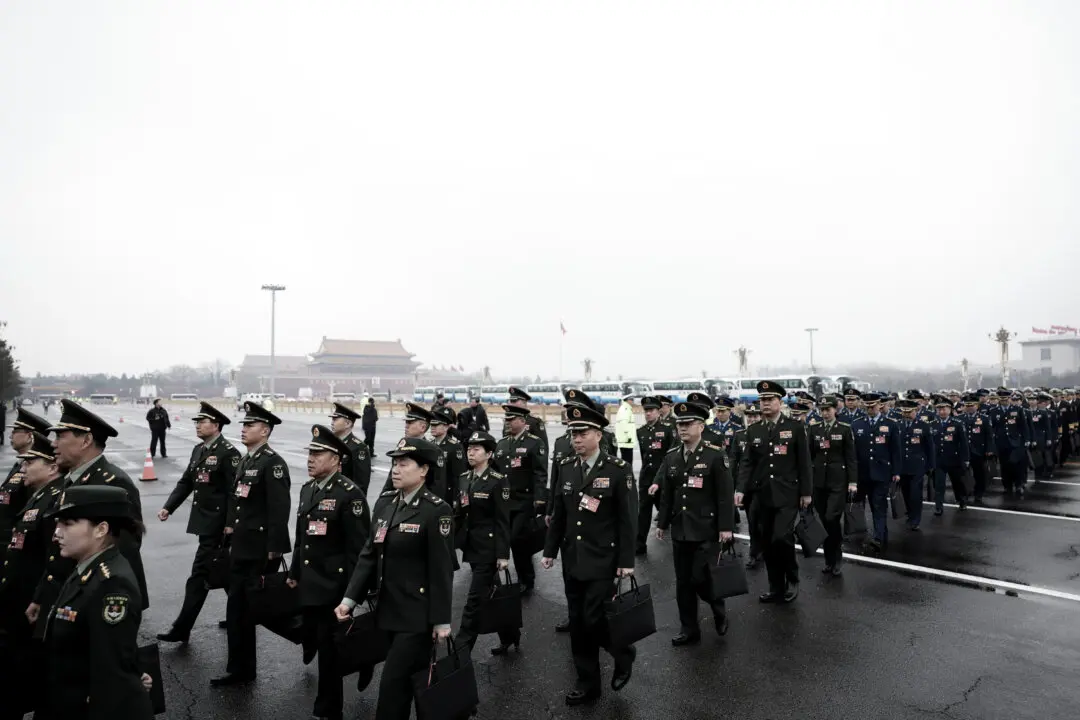The ruling Chinese Communist Party (CCP) has now expanded its censorship from the internet, video, TV, and publications to live performances, such as rap and cross talk.
Live shows such as talk shows, cross talks and stage plays will face content review and on-site supervision, according to a policy recently put out by the CCP. Netizens criticized it with comments such as “whatever is good, it’ll get ruined,” and “whatever becomes popular, it must be censored.”





